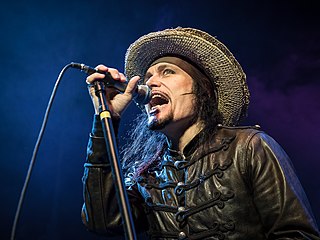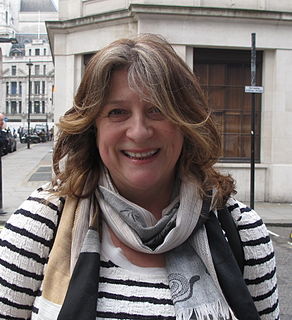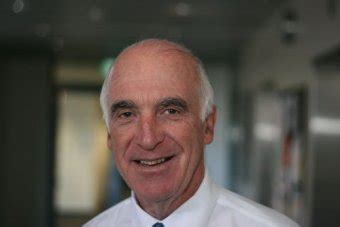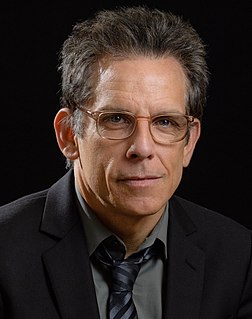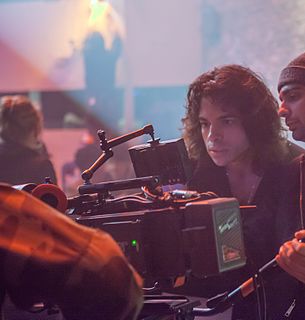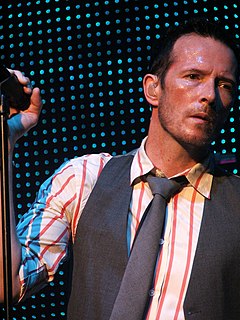A Quote by Tom Fletcher
In late 2011, I watched a documentary by Stephen Fry called 'The Secret Life Of The Manic Depressive.' He shared his story of bipolar disorder and depression, and it sounded exactly like me. I just cried.
Related Quotes
Manic depression is a type of depression, technically, and it's the opposite of uni-polar. Manic depression is also called bi-polar disorder. Some people don't like to call it that because they think it makes it sound too nice, when the reality is if you have manic-depression you have manic-depression.
I learned that I suffered from bipolar II disorder, a less serious variant of bipolar I, which was once known as manic depression. The information was naturally frightening; up to 1 in 5 people with bipolar disorder will commit suicide, and rates may even be higher for those suffering from bipolar II.
My mother was quite poorly. She suffered from bipolar disorder, which at that time was called manic depression. She spent a lot of time in psychiatric hospitals, and my father was away a lot with the RAF and then with his job in civil aviation, so I was raised in part by my sisters and my godmother, Sylvia.
I knew I was a manic depressive when I was 13 or 14, and I loved it. I always told people what I had, and I was always cresting on a manic wave. I used it, willingly and happily, and it was an extraordinary experience. When I got hit with the depressive side - Boom! - yes, it was horrible and unendurable, but that's part of the story.
If I were to peruse a survey of label options, as they exist now, they either sound like a time bomb disorder or manic depression or Bipolar divide or mental illness. How can I find an identity in that? It certainly isn't something I can bring up in conversation, without a reaction of judgement or even fear.




